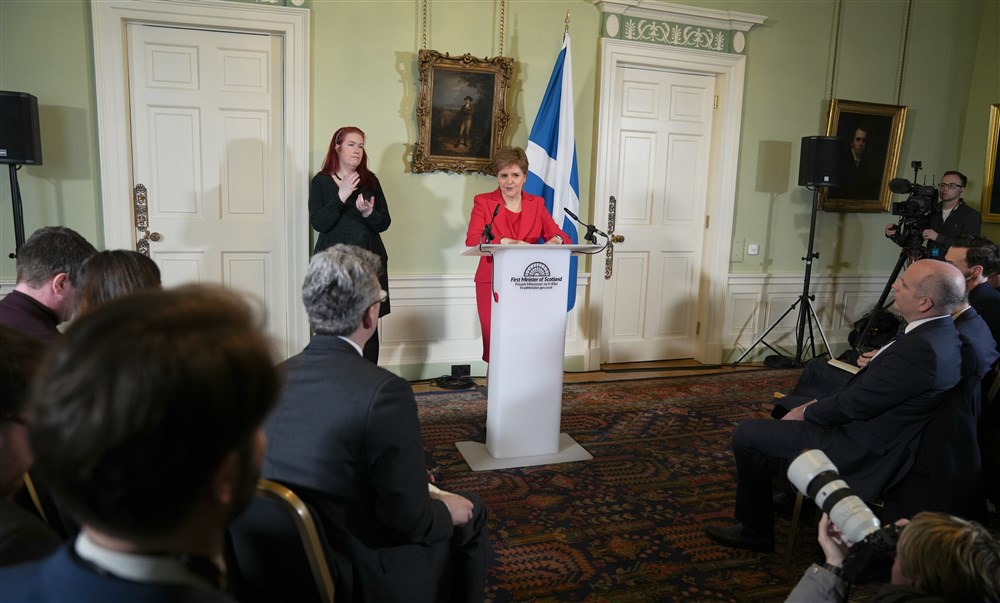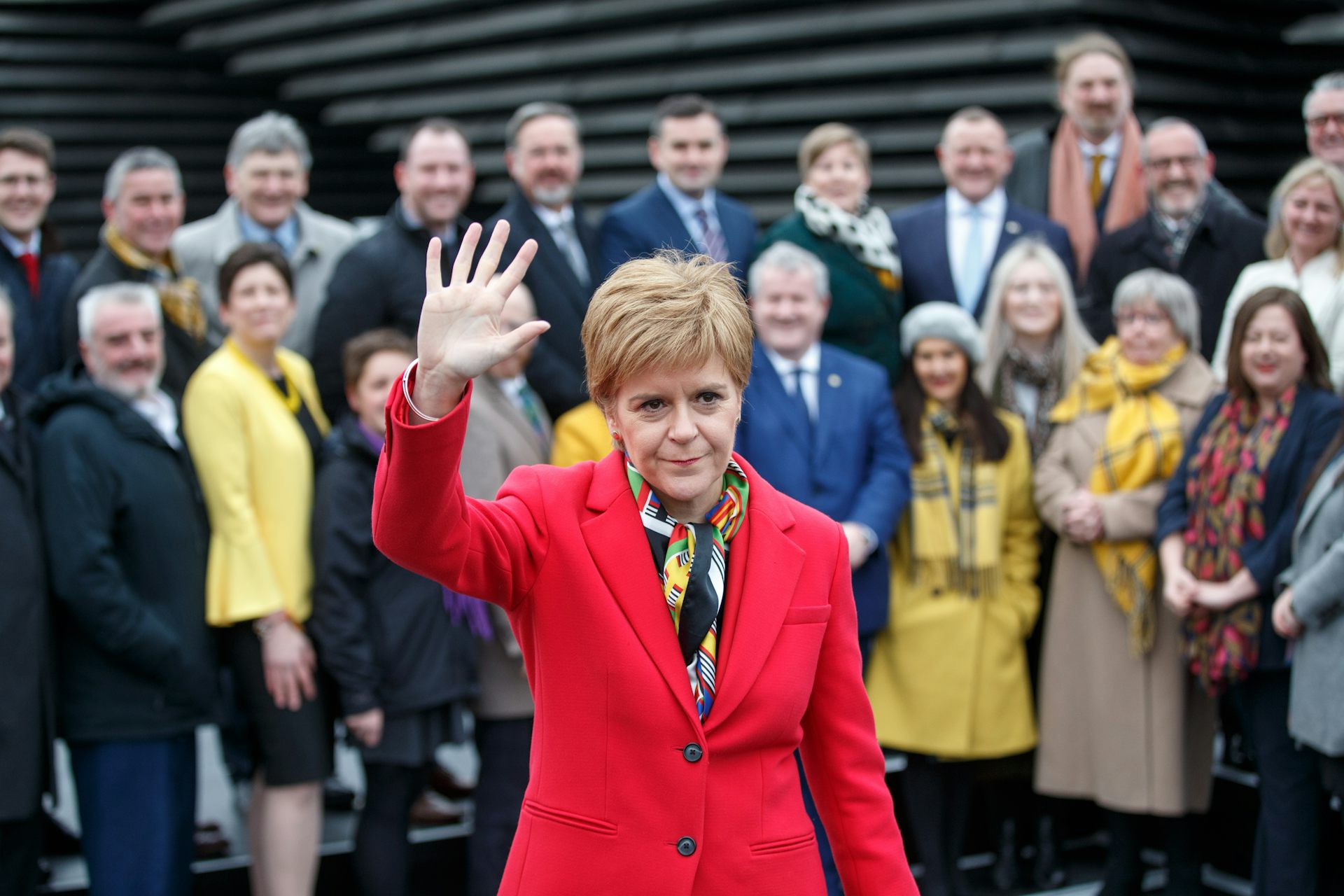
- When Jacinda Ardern left office as Prime Minister of New Zealand a few weeks ago, Nicola Sturgeon told voters that she still had a lot to do. But it seems that the Scottish Prime Minister had thought about his future. That is what he said in his speech introducing the resignation which surprised much of Scotland.

There was no clear indication that Sturgeon would resign, despite the recent difficulties and controversies surrounding projects such as the Gender Recognition Reform Bill, the organization of another referendum on independence, the SNP's financial research and the "ferry failure".
Sturgeon has been in parliament since the age of 29 and since 2014 he has led Scotland. She is the first woman and prime minister who has been in office for the most time. He says he will remain in office until he chooses his successor. But that is going to take up a government that has to deal with debates and constitutional issues.
Sturgeon's vital mission to achieve Scotland's independence remains unfulfilled and Scotland is deeply divided around indyref2. The latest polls have opted for independence, but it seems that support is coming down due to the continuing challenges facing the Scottish government led by the SNP.
The future of Indyref2
Three conservative prime ministers, Theresa May, Boris Johnson and Rishi Suna, have refused to empower the Scottish Parliament to hold a new referendum on independence. "Now is not the time," they say. And the UK Supreme Court ruled in November 2022 that the Scottish Parliament has no authority to hold an independent referendum without Westminster’s permission.
This has led to a division in the way of achieving independence within the SNP. Sturgeon announced that his "Plan C" was to raise the next general election as a de facto referendum on independence.
This proposal received responses of all kinds from the SNP, other nationalist movements and the general public. The words of SNP Member Stewart McDonald were very significant, he said this measure was detrimental to the independence movement. Alex Salmond's Alba party has also been very critical of the plan.
Although the SNP has dominated Scottish politics over the past decade, it has never obtained more than 50% of the votes in the UK general elections. Since the 1950s no party has reached this level of protection in Scotland, although the SNP was very close to the 2015 UK general election.
Not reaching 50% of the votes in the forthcoming elections would mean that the SNP has difficult questions remaining on Plan C and the debate on independence. Sturgeon’s resignation opens the way to a rethinking of this approach.
Although Sturgeon has stressed that he is not going to surrender because of the political pressures of recent times, some facts have made his last weeks particularly controversial: above all, the issue of the bill on gender recognition, which the UK Government has abandoned. For the first time, the British Government has intervened to reject the law passed by a decentralized body.
For SNP members and followers, it falls within the constant political interference and interference of the British government. SNP and other parties consider it an attack on decentralisation itself. The implications for relations between UK governments are not entirely clear, but the relationship between Holyrood and Westminster has cooled even further.

However, despite the debate and the harshness of the gender bill, it is important to remember that it was relatively easy to adopt: 88 votes in favour (from all parties in the Scottish Parliament) and only 33 votes against (from two parties, the majority of Scottish Conservatives, aligned with seven SNP Members). The latter was an exceptional fact: transgender issues and, in particular, the bill on gender recognition, have highlighted the fragmentation within the SNP in a mythical aspect by its discipline.
Recently, the case of transsexual prisoners in Scottish jails led to a very public debate and the cancellation of the policy of the Scottish Prison Service. It allowed transgender prisoners to place themselves in one place or another depending on the gender they recognize themselves. As the issue became mainstream, polls showed a decrease in Sturgeon protection and SNP.
For all these reasons, the next minister, pending election, will have a number of constitutional, legal and social problems to solve. The march in Sturgeon has left a clouded political landscape, with no immediate heirs and unresolved constitutional and partisan issues.
Leadership heritage
The direct and non-return vision of Sturgeon is one of the reasons for remaining one of the most admired politicians in the UK. It has received positive support, which few have tied or had, especially the conservative prime ministers who have gone and come during their mandate. Under his leadership, the SNP has led the Scottish Parliament elections in both Holyrood and Westminster.
SNP has been a party to the Scottish government in the last fifteen years and Sturgeon has been his face in the last eight years. As he stressed in his resignation speech, he has succeeded in replacing these issues and debates with public opinion. By resigning, it seems that it expects this to allow for a more reasoned debate on the problems facing Scotland and the objective of independence advocated by the SNP.